Table of Contents
What is the ultimate source of energy powering everything in today’s life, from smartphones to vapes and vehicles? Yes, you guessed it right! Batteries brought a dynamic shift in the modern age, ensuring ease for people. However, among the wide assortment of batteries available, lithium-ion batteries are considered the ultimate zap of power needed. They have taken the spotlight due to their reliability and two to three years lifespan. Lithium batteries come in a wide range of types, but of course, despite being great at their performance, they will die one day. So, if you are wondering how long lithium batteries last, we will help you unravel this question, focusing on factors causing the deterioration of the battery life.
What are Lithium Batteries?
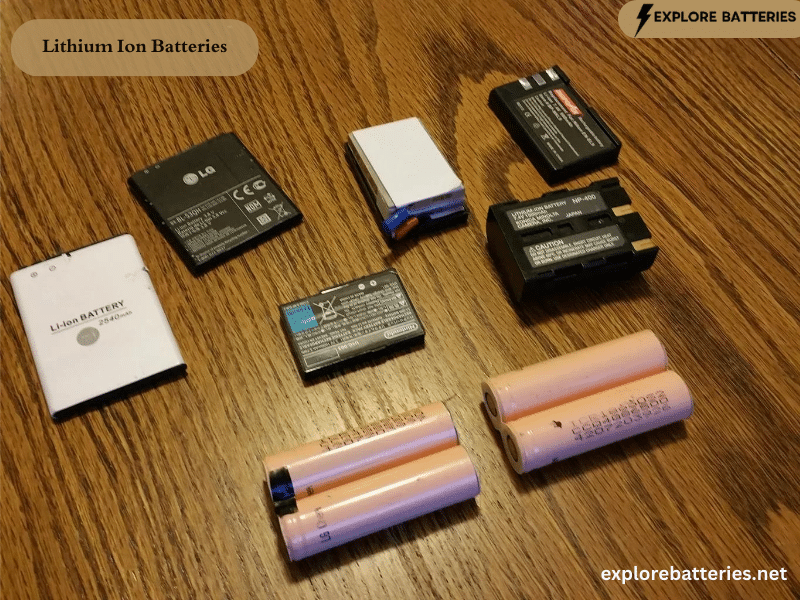
Folks, if your vehicles and gadgets are working on a lithium battery, and you wonder how long it will last, we have got you covered. First, we need to focus on what these are and how they transform our lives. Lithium batteries, with their high energy density, extended life, and comparatively low self-discharge rates, have completely changed the way we power our gadgets. Modern life relies heavily on rechargeable batteries, whether it be for electric vehicles or cell phones. So, let’s comprehend the science of these batteries in detail.
Chemistry of Lithium Batteries
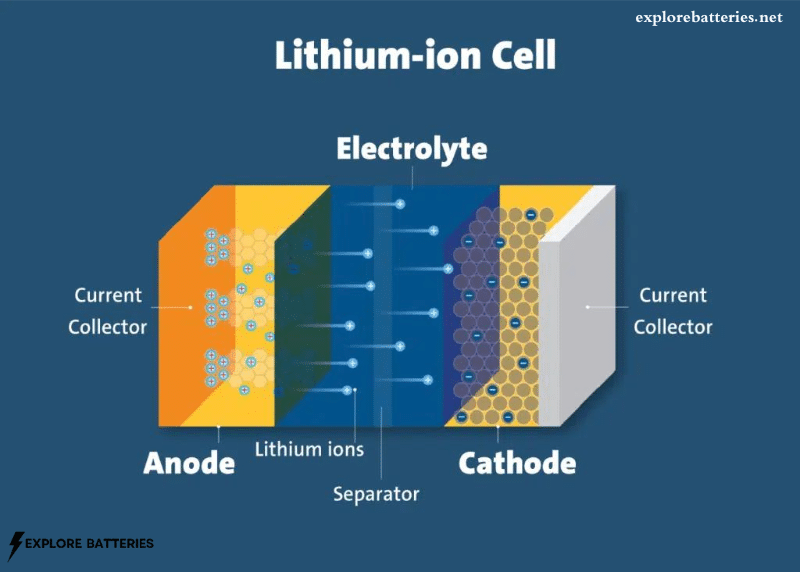
There are several types of lithium batteries, the two most popular being lithium-polymer (Li-Po) batteries and lithium-ion (Li-ion) batteries. Lithium ions flow between the anode and cathode for either type to store and release energy. However, the electrolyte used makes all the difference: Li-Po batteries employ a polymer electrolyte, while Li-ion batteries use a liquid electrolyte. So, it is important to know the working chemistry of lithium batteries before learning how much longer they last.
Interesting Fact
Lithium-ion batteries can last up to 10 times longer in space compared to Earth.
Factors Affecting the Lifespan of Lithium Batteries
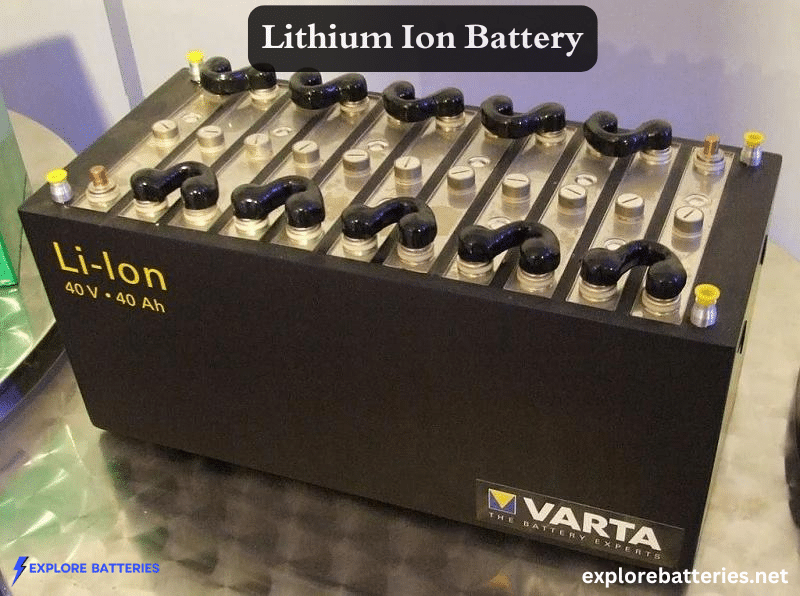
There are multiple elements that impact the longevity of lithium batteries.
1. Charge Cycles
One complete battery discharge and recharge is referred to as a charge cycle. Li-ion batteries normally have a charge cycle limit, after which their capacity starts to drop.
You can check the detailed steps to charge a lithium battery in this article.
Example
The majority of Li-ion batteries have a rating of 300–500 cycles, although premium batteries can have a 1000-cycle life.
2. Depth of Discharge (DoD)
The battery’s longevity is greatly impacted by the proportion of its capacity that is consumed before recharging. When a battery is discharged shallowly, that is, employing only 20–30% of its capacity before recharging, it can last longer than when it is discharged deeply, that is, by using 80–100% of its capacity.
3. Temperature
The ideal operating temperature range for Lithium batteries is normally between 20°C and 25°C (68°F and 77°F). The interior components of the battery can deteriorate more quickly in extreme heat or cold, hence shortening its lifespan.
4. Charging Practices
Frequent fast charging and overcharging might put the battery under more stress, reducing its lifespan. Once the battery reaches full charge, it is best to make use of the charger that the battery manufacturers have supplied and to avoid keeping it plugged in for extended periods of time.
5. Storage Conditions
If a lithium-ion battery is to be stored for a long time, it should be kept in a cool, dry location and at a partial charge (around 50%). Retaining a battery that is either fully charged or entirely depleted can result in reduced capacity and elevated internal resistance.
Average Lithium Batteries Life Span
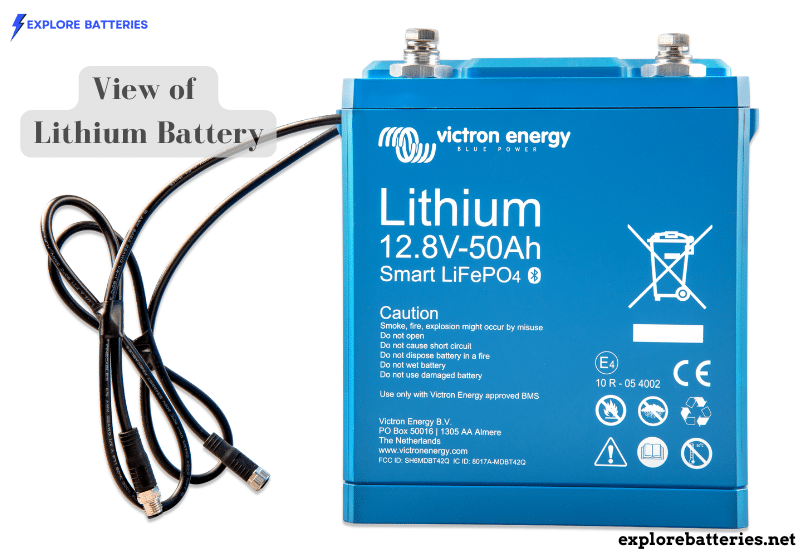
The application of lithium batteries and the previously mentioned variables affect how long they last. The typical lifespans for various uses are broken down as follows:
1. Smartphones and laptops: Li-ion batteries with a rating of roughly 300–500 charge cycles are typically used in these gadgets. This means that it will take about two to three years of regular use before the battery’s capacity substantially decreases.
2. Electric Vehicles (EVs): The battery packs of EVs are made to last a lot longer, typically eight or more years. Manufacturers usually offer warranties that last up to 100,000 miles or eight years.
These batteries include advanced battery management technologies to extend their lifespan, and they are designed to withstand thousands of charge and discharge cycles.
3. Wearable Devices: Smaller Li-ion batteries are used in smartwatches and fitness trackers; these batteries normally last two to three years when used regularly. A lower lifespan is a result of the smaller size and frequent charging cycles.
4. Power Tools: Depending on usage habits, Lithium batteries in power tools can endure three to five years. The longevity of these batteries might be impacted by the high discharge rates that they are frequently exposed to.
Increase the Life of Lithium Batteries
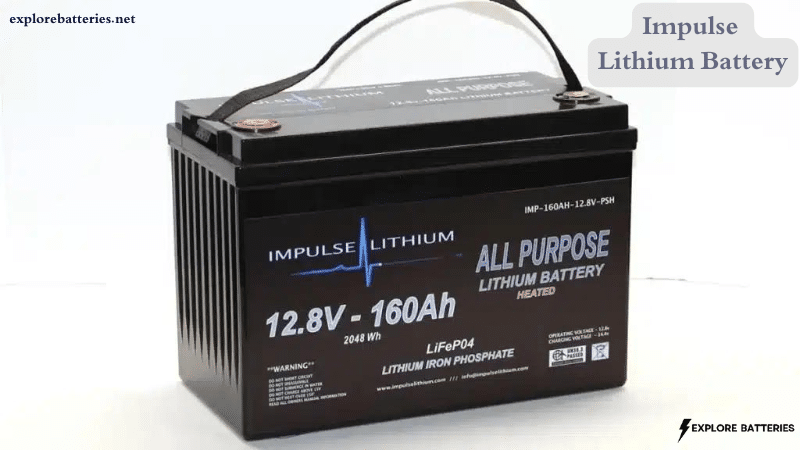
Follow some of the tips mentioned below if you want to prolong the lifespan of lithium batteries:
1. Avoid Full Discharges: To lessen stress on the battery and increase its lifespan, maintain the battery level between 20% and 80%.
2. Moderate Temperature Exposure: Keep the battery and gadget out of direct sunlight. Refrain from using electronics in extremely cold weather or leaving them in hot cars.
3. Use Appropriate Chargers: To avoid overcharging and possible battery damage, always use the charger that the manufacturer recommends.
4. Regular Use: Regular use yields the best results from Lithium batteries. Try frequently charging and discharging a gadget that you don’t use much to maintain the battery’s health.
5. Storage Procedures: Charge a lithium battery to about 50% and keep it in a cool, dry location if you need to keep it in storage for a long time. If you are thinking about how long lithium batteries last in storage, the answer is 2-10 years, depending on conditions and circumstances.
Similarly, AA lithium batteries last 10-15 years in storage, while energizer lithium batteries last for up to 20 years. However, lithium batteries last for 5-10 years on average in a golf cart.
Signs of Dead Battery
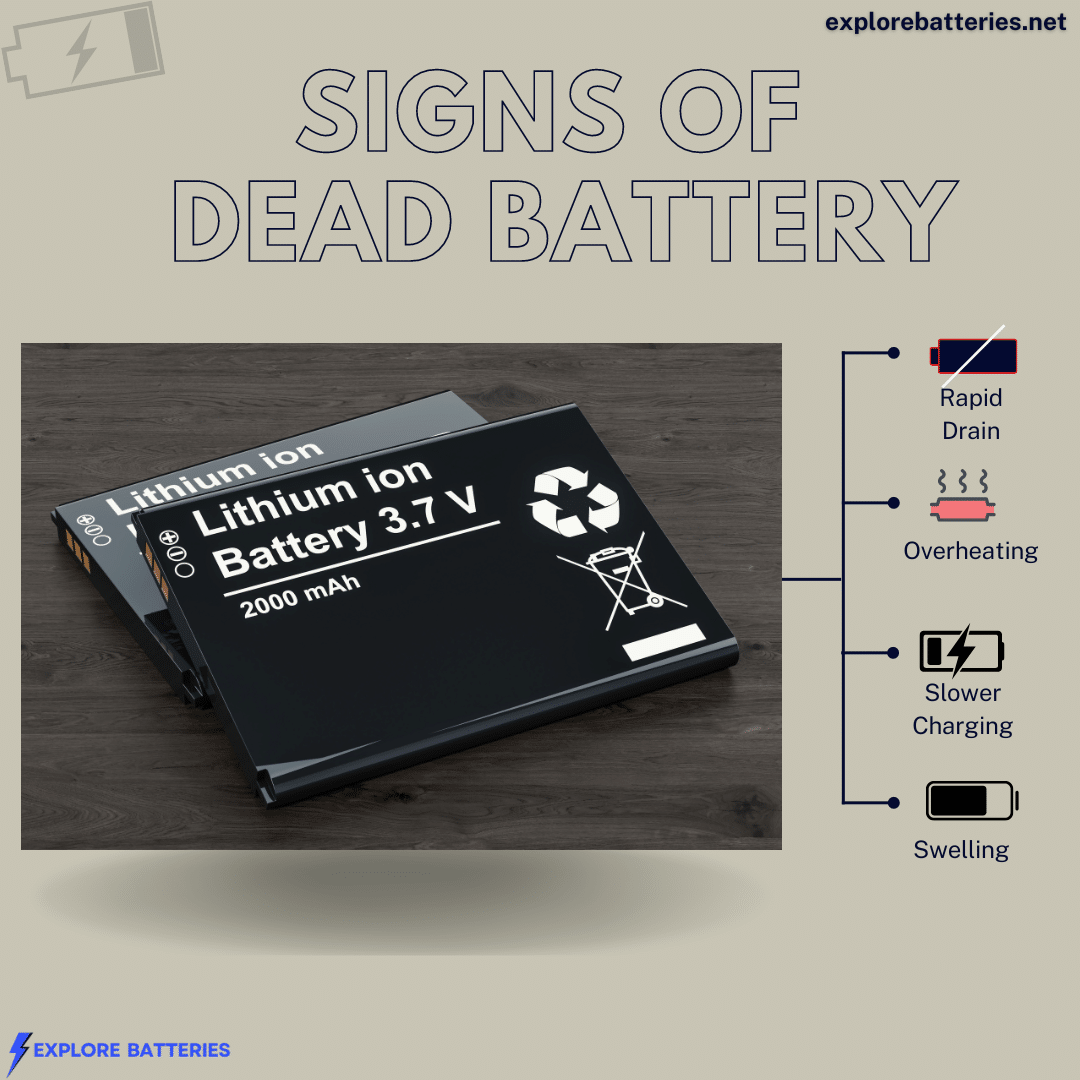
Lithium batteries lose capacity with age, and there are clear signals that it’s time for a replacement:
1. Decreased Runtime: Capacity loss is indicated by a discernible shortening of the fully charged battery’s lifespan.
2. Slow Charging: If charging the battery takes longer than normal, it could indicate running short on energy.
3. Swelling: The battery must be replaced immediately because physical swelling is a severe indication of internal harm.
4. Increased Heat: Excessive heat during operation or charging can represent a sign of deteriorating and perhaps failing batteries.
Conclusion
In summary, the article addressed a common question regarding the powerhouses of energy: How long do lithium-ion batteries last? Apart from covering every facet of this question, several factors impacting battery life have also been discussed so people can prevent them from happening. So, if you want to learn about the average lifespan, check out this article and thank us later.
